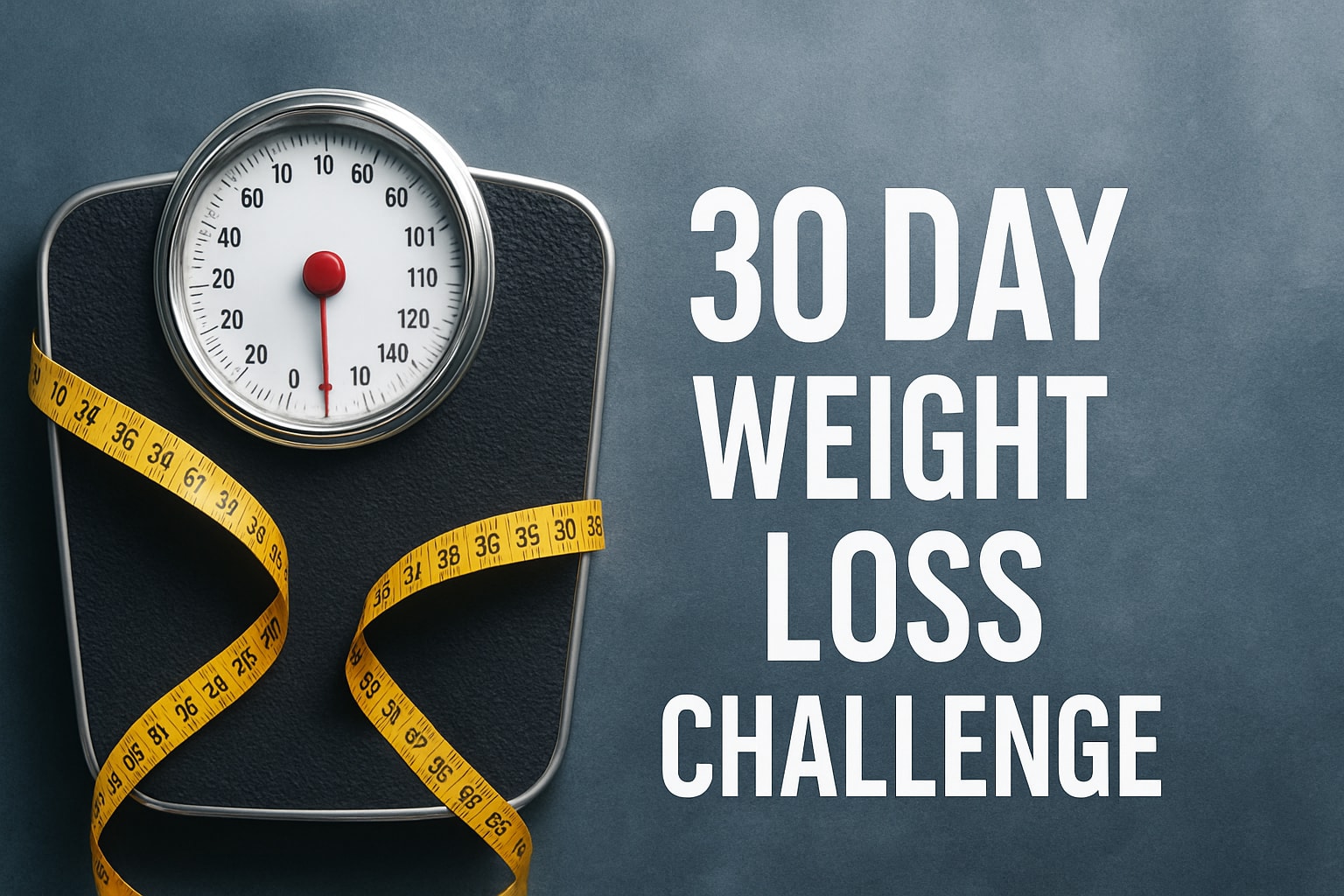Tossing and turning at night, counting sheep, and still, sleep remains an elusive dream for many. In our fast-paced world, where the glow of screens and the weight of daily stressors disrupt our natural sleep rhythms, insomnia has become a common yet crippling challenge. But what if the journey to reclaiming those precious hours of rest wasn't through a pill bottle, but rather, a path of mental relaxation and reconditioning?
Understanding sleep insomnia
Insomnia, in its most unwelcome form, sneaks into our bedrooms, stealing more than just a good night's sleep. It robs us of energy, health, and the joy of waking refreshed. Characterized by difficulty falling asleep, staying asleep, or awakening too early, insomnia is not just a night-time nuisance; it's a 24/7 burden that affects every facet of our lives. From the anxious mind replaying the day's events to the body too tense to relax, the causes of insomnia are as varied as they are complex. Yet, the quest for relief often leads down a path of temporary fixes and frustration. But what if there was a different way? A method that addresses the root of insomnia without the side effects of medication? That's where the power of hypnosis for sleep insomnia shines, offering a beacon of hope to those lost in the dark.
Exploring hypnosis
When you hear "hypnosis," you might envision stage shows and swinging pendulums, but the reality is far more grounded and scientifically backed. Hypnosis is a state of focused attention, enhanced suggestibility, and vivid imaginings. It's not about losing control but rather gaining control over the subconscious patterns that govern our behaviors and emotions, including those affecting our sleep.
Contrary to popular belief, everyone naturally enters states of hypnosis daily, often while absorbed in a book, driving on a familiar route, or engrossed in a hobby. In the therapeutic setting, hypnosis is a tool for healing, guiding individuals into a relaxed state where the conscious mind takes a backseat, allowing positive suggestions and guided imagery to take root in the subconscious. This process is particularly effective for sleep insomnia, as it helps to quiet the mind's chatter, release physical tension, and cultivate a peaceful state of being, setting the stage for restful sleep.
How hypnosis for sleep insomnia works
The effectiveness of hypnosis for sleep insomnia lies in its ability to reprogram the subconscious mind—the part of our brain that influences our habits, emotions, and autonomic responses. By accessing this deeper level of consciousness, a trained hypnotist can introduce new ideas and suggestions tailored to combat insomnia, such as visualizing the process of falling asleep easily and peacefully.
The process: A gentle reconditioning of the mind
During a hypnosis session, individuals are guided into a deeply relaxed state. Here, the hypnotist might use techniques like progressive relaxation, suggestive imagery (imagine the soft flow of a peaceful river or the warmth of the sun), and positive affirmations ("I am calm and relaxed") to reinforce the mind's ability to initiate sleep naturally and maintain it throughout the night.
Scientific backing: Not just placebo
Research supports the efficacy of hypnosis in improving sleep. Studies have shown that hypnosis can not only decrease the time it takes to fall asleep but also increase the duration of deep, restorative sleep stages. This is crucial because deep sleep is when the body and mind undergo healing and rejuvenation.
Moreover, hypnosis has shown promise in addressing the psychological components of insomnia, such as anxiety and stress, which often exacerbate sleep difficulties. By promoting mental and emotional balance, hypnosis helps remove the barriers to restful sleep, offering a holistic solution to insomnia.
















